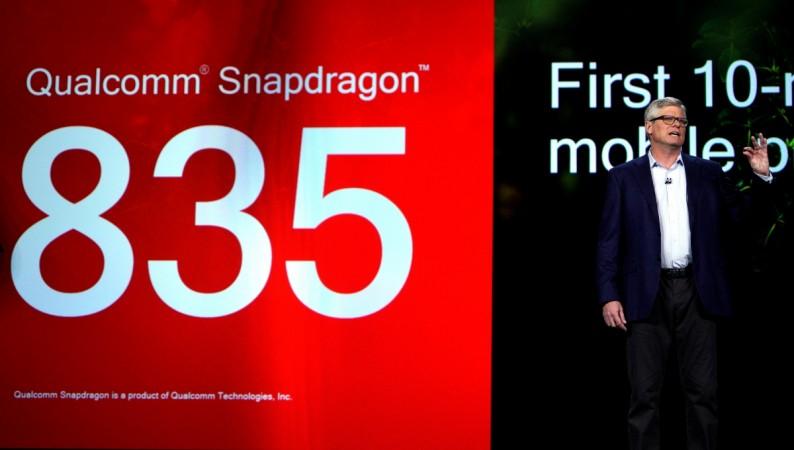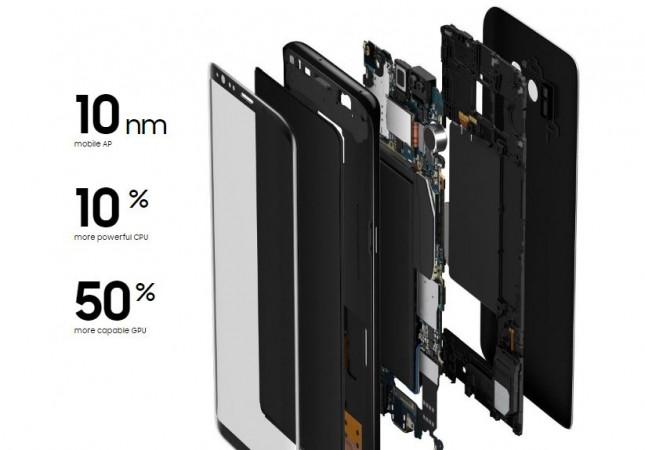
At a time when many people around world are still waiting to get their hands on the new Samsung Galaxy S8, a new report from South Korea has claimed that the company has already started working on its successor, dubbed the Galaxy S9.
According to the report from The Investor, Samsung and its chip partner Qualcomm have started developing a new mobile processor to power the next-generation Galaxy S handset that will hit markets in 2018. The upcoming chipset is expected to be called Snapdragon 845, and it will be mass produced by Taiwan's TSMC once the development is completed.
While more details about the Snapdragon 845's specifications were not available, the processor will definitely bring astonishing power to the table since the existing Snapdragon 835 inside the Galaxy S8 makes it the fastest smartphone currently available in the market.
The Snapdragon 835, which powers the US-bound variant of the Galaxy S8, is produced by Samsung at its manufacturing facilities that are based on the advanced 10-nanometer design. The chip is said to have 27 percent faster processing speed and 30 percent less appetite for energy consumption compared to processors based on the 14-nanometer process.
The Snapdragon 835 "is 35% smaller and uses 25% less power than previous designs, and is engineered to deliver exceptionally long battery life, lifelike VR and AR experiences, cutting-edge camera capabilities and Gigabit Class download speeds," Qualcomm says on its website.
Therefore, it is nothing but confirmed that the Snapdragon 845, or whatever Qualcomm would like to called it, will offer significantly improved performance and more efficiency then the Galaxy S8's Snapdragon 835.

"The capabilities of a mobile processor can decide the overall performance of smartphones which now have a range of features such as video calls, video recording, VR, and AR," the South Korean publication quoted an industry source as saying. "The competition to secure advanced mobile chips will intensify down the road."
Last month, Samsung unveiled its second-generation 10-nanometer technology, which promises to increase the device's processing speed by 10 percent while consuming 15 percent less power compared to the first-generation 10nm chips.

















